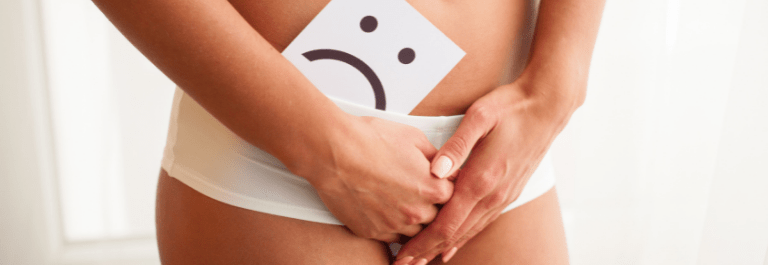Eczema is a chronic skin condition that affects approximately 10-20% of the world’s population. Patches of red, scaly, itchy, and dry skin can appear anywhere on the body – and yes, that includes the face. As a result, eczema on eyebrows is a cause for concern for many people, not only physically but also emotionally. In this post, we’ll share information on eyebrow eczema, including some ways that you can treat eczema on your eyebrow naturally.
Please keep in mind that although what we discuss in this post can relieve eczema, we are in no way medical professionals. If you’re experiencing severe eczema symptoms like an infection, it is best to seek medical advice immediately.
What is Eczema?
Eczema is an inflammatory skin condition characterized by dry and subsequently itchy skin. It’s caused by a damaged skin barrier that has trouble retaining moisture, hence the dryness. Scratching the skin to beat the itch can result in cracked or broken skin, increasing the risk of infection. There are several types of eczema, common ones being atopic dermatitis, contact dermatitis, and seborrheic dermatitis.
Understanding Eczema on Eyebrows
It’s possible to develop eczema on the face, including on or near the eyelids and eyebrows. Eczema may appear in the form of seborrheic dermatitis, which is the common inflammatory form of dandruff. This type of eczema tends to develop in places that accumulate oil, such as the chin, nose, forehead, scalp, and eyebrows. Eczema on eyebrows may also appear as contact dermatitis. This is a reaction that occurs as a result of contact with an allergen or irritant. For example, using a new shampoo, conditioner, or makeup product may trigger an allergic reaction on the eyebrows.
Can Eczema Cause Eyebrow Hair Loss?
You may wonder whether eczema on eyebrow hair loss is possible. To have healthy hair, you must first have healthy skin. While eczema on the scalp can cause eczema hair loss, eczema on eyebrows can also affect eyebrow hair. You may lose hair due to skin inflammation or dry skin. Rubbing or itching the eyebrow area can also damage hair follicles and result in eyebrow hair loss. That’s why it’s so essential to manage itchy symptoms and avoid relentless scratching.
How to Treat Eyebrow Eczema Naturally
With the face and eye area being a delicate part of the body, it’s essential to use natural and gentle treatments that won’t harm the skin. Check out our natural remedies that can help soothe itchy symptoms of eyebrow eczema:
Apply a Natural Cream
To keep the skin on the eyebrows well moisturized, it's essential to use an eczema cream that's gentle enough to use on the eyelid area. We recommend this Calendula Facial Cream. It’s a gentle and cooling treatment designed to soothe eyelid and facial eczema. In addition, your sensitive skin will love the blend of organic ingredients that truly help your skin thrive.
Use a Gentle Face Wash
When dealing with eczema, washing your face requires extra thought and attention. Unfortunately, many products contain harmful ingredients or chemicals that can do more harm than good. Using a gentle eczema soap is essential. Using a gentle eczema soap is essential. That’s why we love this Organic Calendula Face Wash. It’s made with calendula, seaweed, and a blend of soothing herbs and won’t strip the skin of its natural oils like other cleansers.
Lock in Moisture
Dry wrap therapy is a simple at-home treatment that gives the skin a boost of much-needed moisture. It’s easy to do. Start by applying a natural cream to the affected area, like this Organic Manuka Skin Soothing Cream Organic Manuka Skin Soothing Cream.
References:
https://www.mayoclinic.org/diseases-conditions/seborrheic-dermatitis/symptoms-causes/syc-20352710
https://www.everydayhealth.com/specialists/eczema/flaky-ears-and-eyebrows/
https://www.medicalnewstoday.com/articles/eyebrow-dandruff



